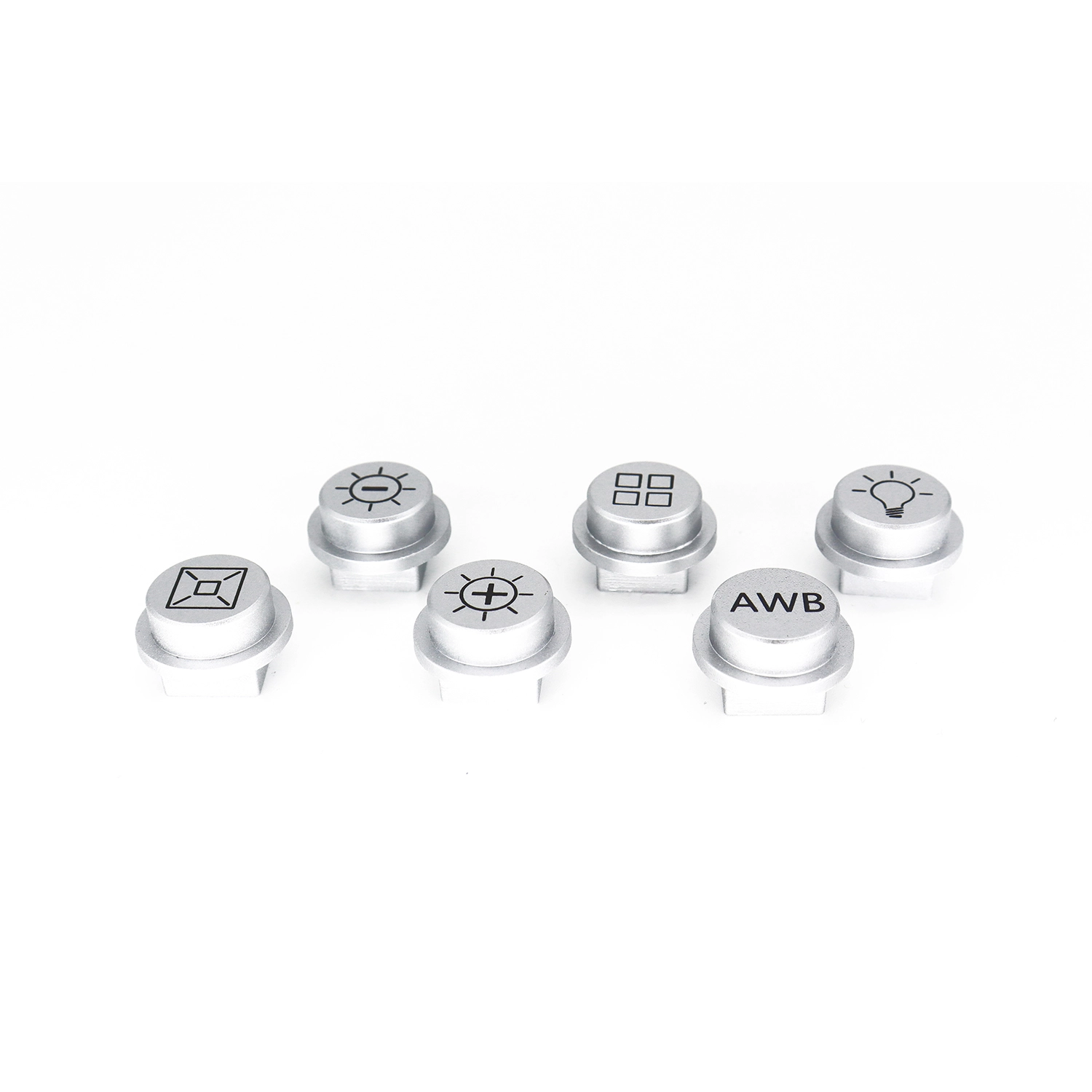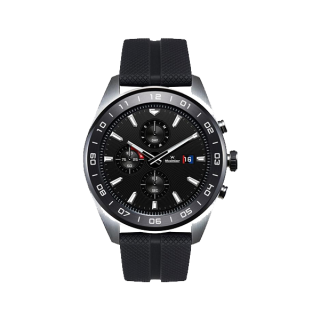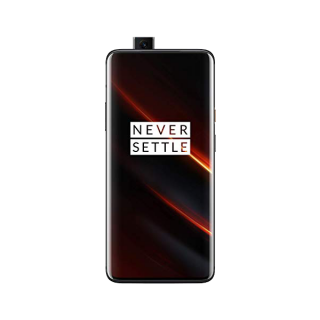Endoscope is an indispensable tool in modern medical practice, and its optical properties directly affect the accuracy of medical diagnosis and the health of patients. Therefore, it is essential to test the optical performance of the endoscope. SMARTVEIN can perform factory inspection according to customer requirements. It takes only 15 minutes to complete a complete inspection. The whole process is automated to reduce human errors.
The precision Manufacturing Center covers an area of about 2000 square meters, which is a precision manufacturing base of the whole industrial chain integrating electronics, machining and injection molding.
The center is equipped with more than 20 sets of CNC equipment imported from home and abroad, such as Haas in the United States and Tsugami in Japan. It has the processing capacity of peek, stainless steel, copper, aluminum, tin, bronze, beryllium bronze, superalloy, Curva alloy and other conventional and special materials.

Injection Molded Parts Overview
Injection molded parts are precision-engineered plastic components produced through the injection molding process. This technique involves injecting molten thermoplastic material into a custom-designed mold cavity, where it cools and solidifies into the desired shape. Renowned for its scalability and precision, this method is widely adopted across industries requiring high-volume production of complex, standardized parts.
Operating Principle
The process leverages the physical properties of thermoplastics:
1. Material Melting: Plastic pellets are heated to a molten state in a barrel.
2. Injection: High-pressure hydraulics force the molten plastic into a mold cavity under controlled temperature and pressure.
3. Cooling & Ejection: The material solidifies rapidly within the mold, followed by automated ejection. Repeatability rates exceed 99% in optimized setups, ensuring uniformity across thousands of cycles.
Industry Applications
Key sectors leveraging injection molding include:
• Automotive: Dashboard components, bumpers, and interior trim (e.g., ABS/PC blends for instrument clusters).
• Consumer Electronics: Phone cases, connectors, and USB ports (utilizing flame-retardant PA66).
• Medical Devices: Syringes, IV components, and surgical tools (often requiring FDA-compliant PP or PEEK).
• Industrial Equipment: Gears, enclosures, and fluid-handling parts (leveraging wear-resistant POM).
Core Advantages
1. Design Flexibility: Capable of producing intricate geometries (e.g., undercuts, thin walls down to 0.5mm).
2. Material Innovation: Hybrid composites (e.g., glass-fiber reinforced nylon) enhance strength-to-weight ratios.
3. Cost Efficiency: Tooling amortization makes high-volume production economical (break-even at ~10,000 units).
4. Surface Customization: Textures, in-mold labeling, and overmolding enable aesthetic/functionality integration.
Critical Design Parameters
Engineers must address:
• Draft Angles: Minimum 1° per side for easy demolding (2°–5° recommended for vertical surfaces).
• Rib Design: Optimal ratio of 0.5:1 to 2:1 (height:thickness) to prevent sink marks.
• Gate Location: Strategic placement minimizes warpage (edge gates for large parts, pin gates for precision).
• Tolerance Management: ±0.05mm achievable with scientific molding techniques.
CDMO Partner Evaluation Criteria
When selecting a Contract Development and Manufacturing Organization (CDMO):
1. Technical Expertise:
• Validate mold flow simulation capabilities.
• Check expertise in multi-shot molding (up to 5 materials).
2. Production Scalability:
• Assess availability of electric presses (e.g., 1,000–4,000 ton capacity).
• Confirm ISO 13485 certification for medical projects.
3. Value-Added Services:
• Inquire about in-house tooling repair capabilities.
• Evaluate options for insert molding and pad printing.
ODM providers like Proto Labs offer Design for Manufacturability (DFM) audits, reducing post-production defects by up to 30%.
Advanced Solutions Portfolio
Leading providers deliver end-to-end solutions:
• Micro-Molding: Precision components <0.1g for IoT sensors.
• Gas-Assist Molding: Hollow sections in automotive spoilers.
• Overmolding: Soft-grip handles on power tools (TPU over ABS).
• Smart Integration: Embedded RFID tags during molding.








Reviews
There are no reviews yet.